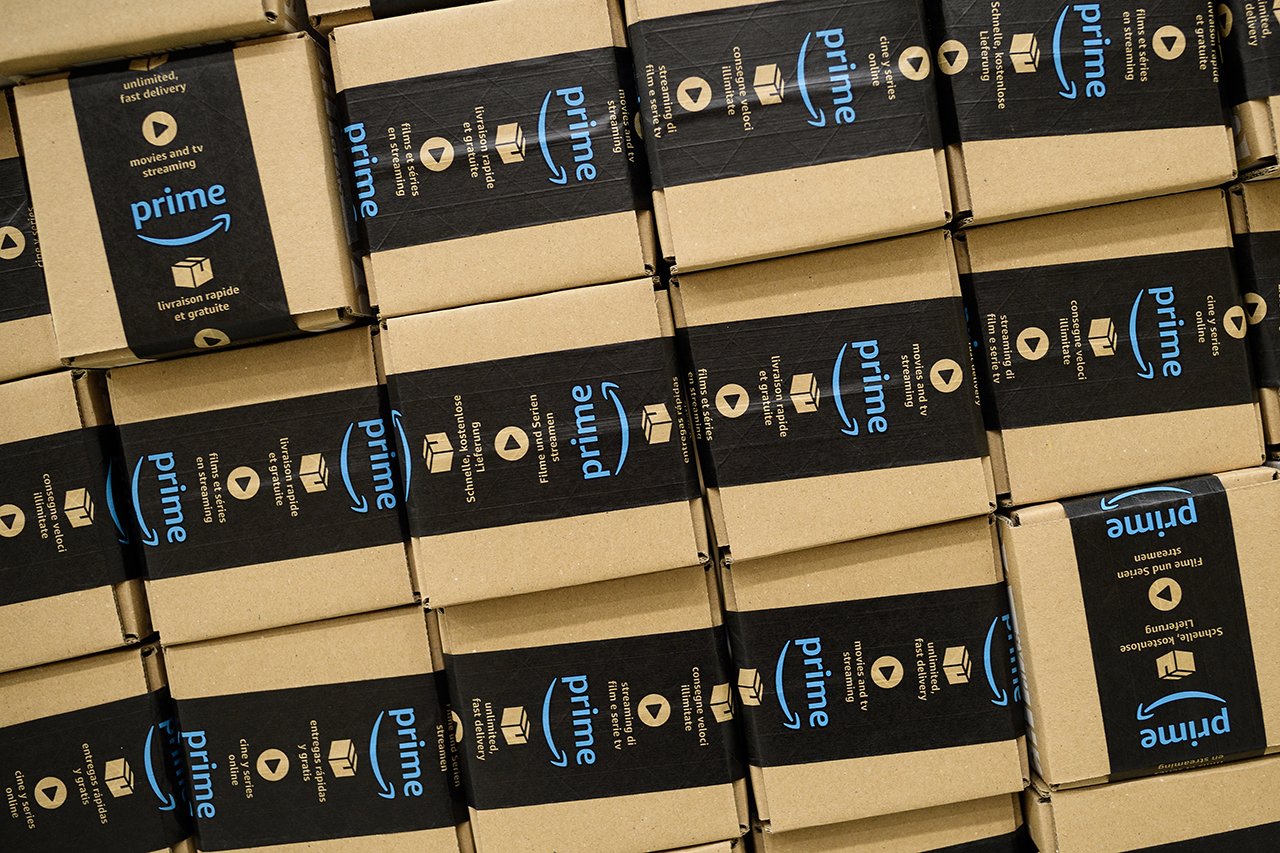Scams and fraud ignorance won’t stop Prime Day shoppers
You can't stop the deals (Hairspray reference).

What you need to know
- Amazon scams have gone up 500% since June 2020.
- Beware of suspicious emails and contact Amazon directly for concerns.
- Amazon most likely will top Prime Day 2021 revenue.
Amazon Prime day has established itself as one of the biggest shopping days for Americans in the last decade, but scammers have also updated their tactics to cater to this new age of online shopping.
There are many red flags to look out for, however, fraudsters have gotten crafty with their email scams, ranging from asking to update payment details to a phony email threatening to freeze the account for fraudulent activities.
It goes like this: the scammer will email users disguised as Amazon, asking the users to click on the link provided in the email, leading to an illegitimate website, downloading a virus to collect your information.
Amazon advises to contact them for concerns and report potential scams directly through their website.
The Federal Trade Commission issued a warning stating Amazon scams are up 500% from June 2020.
Despite this dramatic increase in scam numbers, the trucks will most likely stay full of Prime Day boxes.
According to a survey conducted by NordVPN, 60% of the consumers indicated they are not able to or are not confident they can identify any Amazon scams or fraud.
Be an expert in 5 minutes
Get the latest news from Android Central, your trusted companion in the world of Android
The two-day shopping event last year raked in a whopping $6.8 billion, and there seems to be no slowing down. And in fact, this year, Amazon might even have a second two-day event later in Q4.
Although not a huge jump, sales will most likely top last year’s yet again.
Ever since Prime Day was launched in 2015, the numbers have not dipped below the year before. However, the revenue possibly could not be as drastic as some previous years, as previous years saw larger growth year after year versus 2020 to 2021 yielded significantly less.
